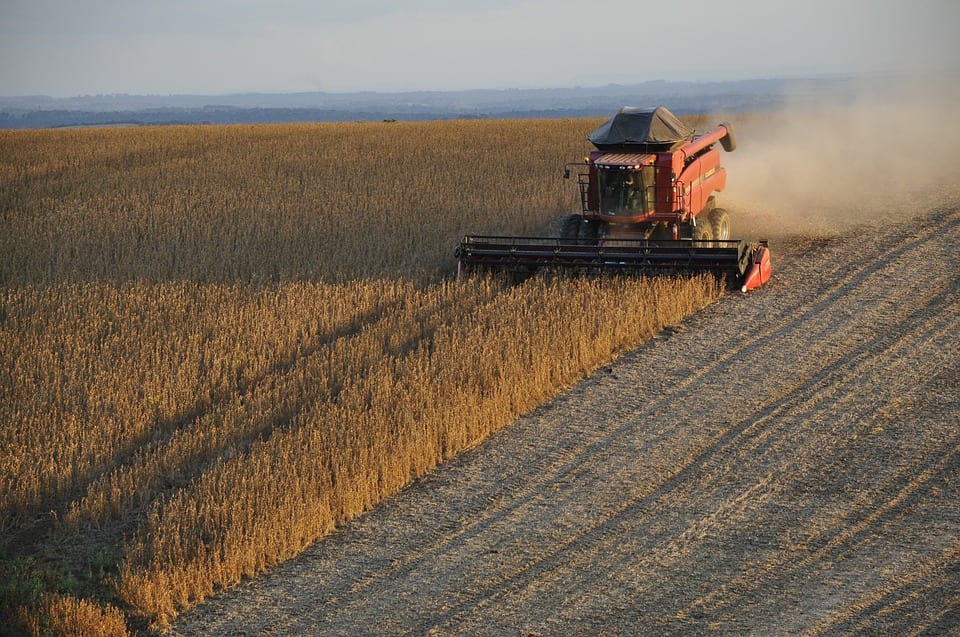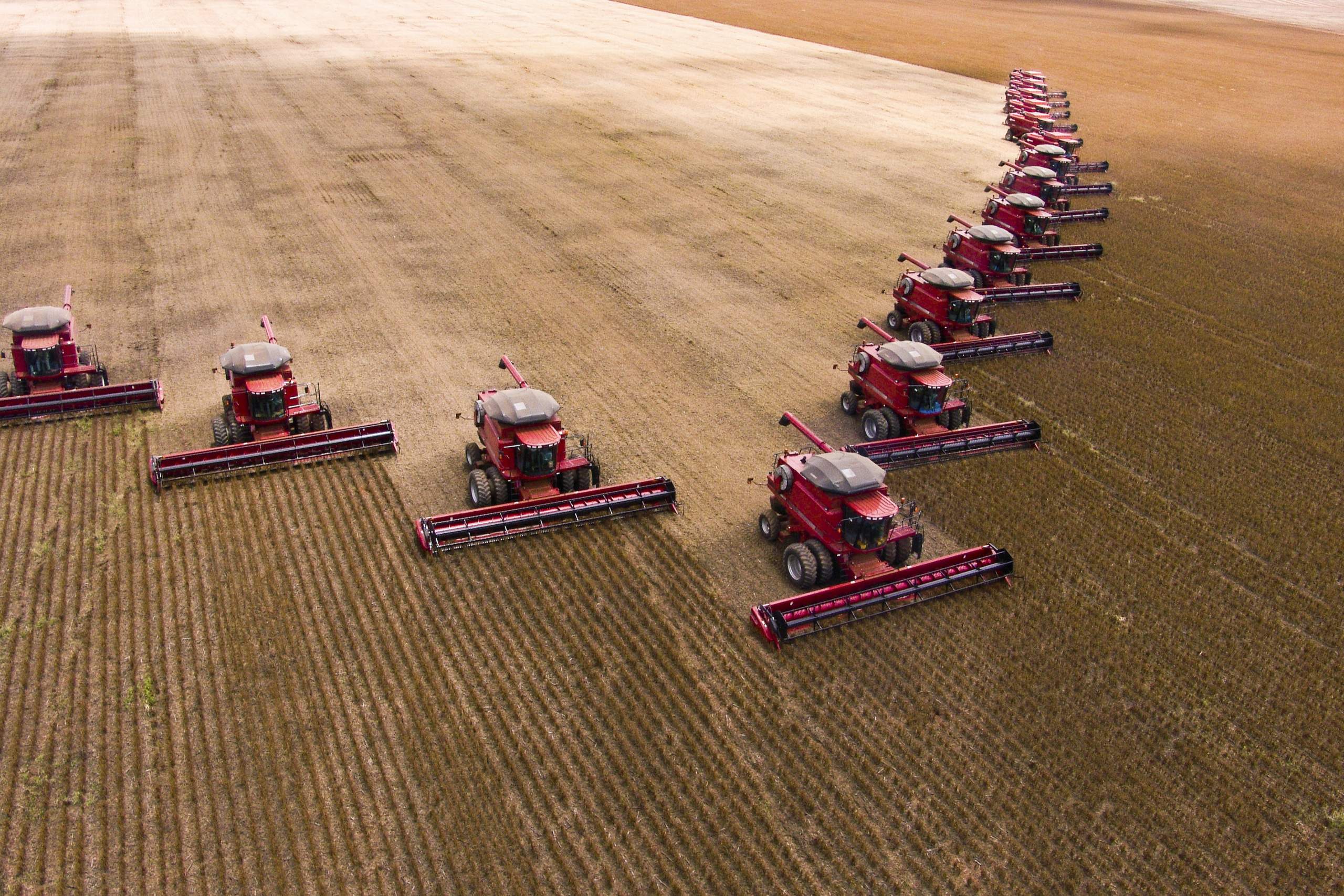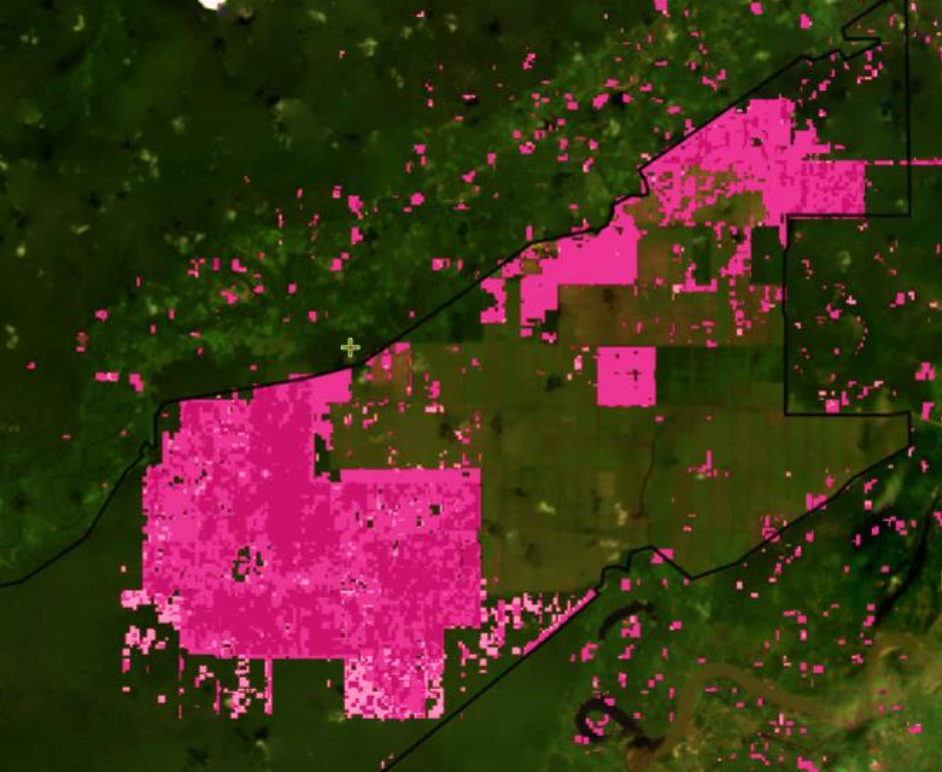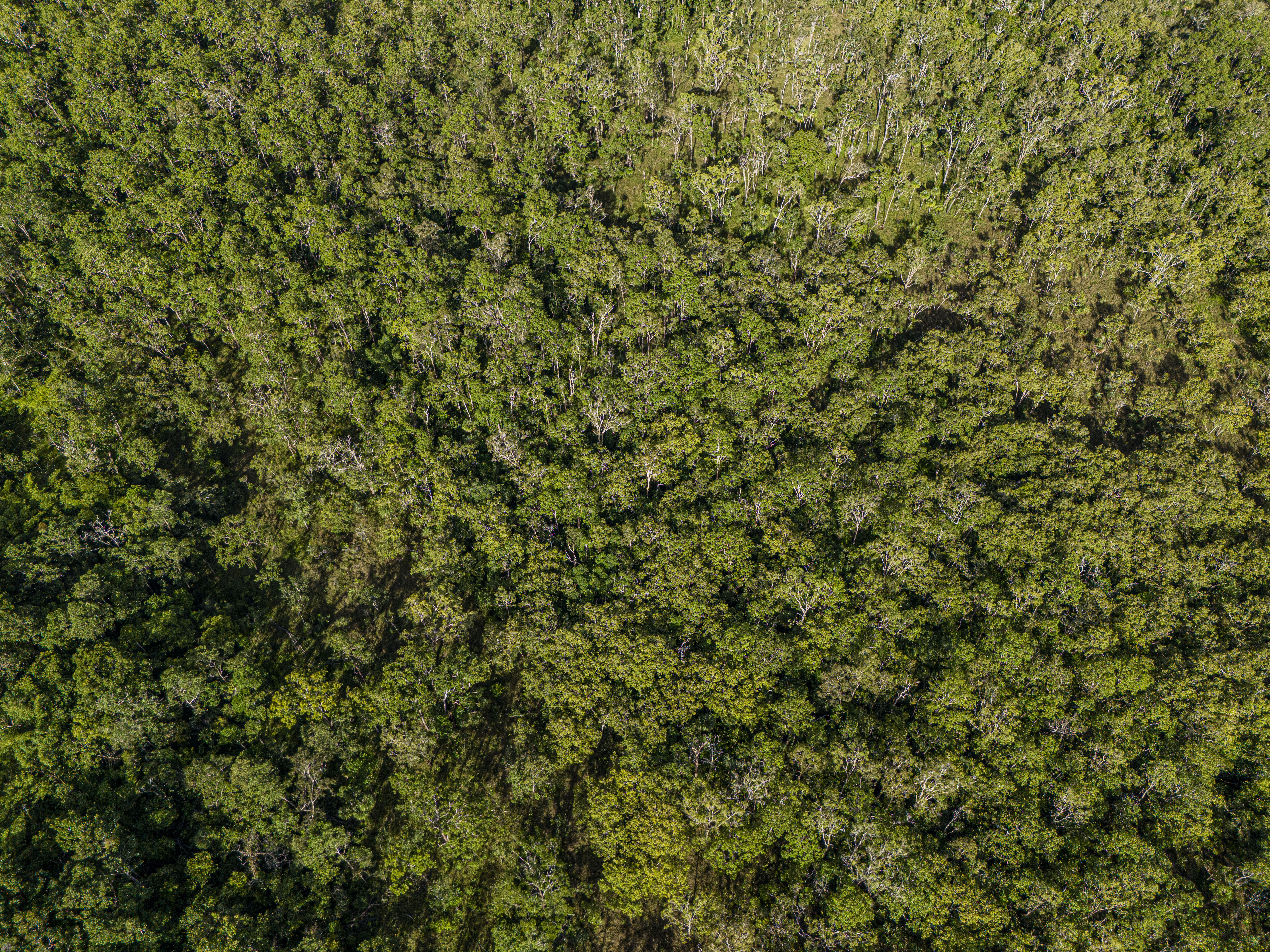
Europe’s largest poultry company pledges to stop buying soy from deforested land in the Cerrado after 2020
The biggest chicken producer in Europe, Groupe LDC, has adopted new measures to stop buying soy linked to deforestation in Brazil. This is yet another announcement that increases pressure on global soy traders.
Following the joint campaign of NGOs Mighty Earth and Canopée, Groupe LDC has just announced that it will now ask its suppliers for detailed traceability and the exclusion of soy cultivated on deforested or converted land after January 1, 2020 in Brazil’s Cerrado region.
The company pledge is a good first step but it is not sufficient, explains Klervi Le Guenic, campaigner at French NGO Canopée. Le Guenic said: “The Groupe LDC’s commitment is a very clear signal for soy traders, but it must be followed by actions. LDC must suspend commercial relations with traders if they continue to be complicit with deforestation. We will be watching the company very closely as it is subject to France’s due diligence law and hence has the legal obligation to prevent and mitigate any risk associated with deforestation in its supply chain.”
Nico Muzi, Europe director at Mighty Earth, said: “The noose is tightening on soy traders who hold the key to halt deforestation in the Cerrado. So far soy traders Cargill and Bunge have refused to be transparent and exclude massive soy producers responsible for the destruction of forests. The drip, drip, drip of commitments from key French industrial players is changing the situation.”
Following the commitment of supermarket chains back in November, this is yet another major player in the agri-food sector that commits to deforestation-free soy and asks the government to speed up the implementation of a mechanism for managing deforestation risks linked to soy imports. In fact, today, there is no transparency on the origin of soy imports, even though this information is available to the government.
In September 2020, Canopée submitted to Bérangère Abba, France’s Secretary of State for Biodiversity, a report by the Scientific and Technical Committee on Forests with concrete proposals to stop imports of high-risk soy. The report recommended increasing corporate responsibility and greater transparency on customs and satellite data to identify traders complicit with deforestation.
Sylvain Angerand, who coordinated this report, said: “Many actors are ready to put an end to deforestation but a public policy cannot be built on the sum of voluntary commitments. The government must build on this momentum to improve access to information and strengthen the accountability obligations of all companies at national and European level.”
To meet the ever-growing demand for meat, France massively imports soy, mainly from Brazil. But entire chunks of forests in Brazil are cleared and replaced by soy crops, particularly in the Cerrado region. Almost 50% of the soy imported for animal feed is used for poultry (chickens and laying hens). The company uses hundreds of thousands of tons ofsoy from Brazil to produce its 750 000 tons of poultry each year in France.


